PRAGUE
Thirteen EU countries, mostly new members from Central and Eastern Europe plus Italy and Austria, are drafting a 'non-paper' that will be presented to the EU-28 in an attempt to revive the credibility of the bloc's eastward enlargement, primarily with the Western Balkans in mind.
The thirteen are Estonia, Lithuania, Latvia, Czechia, Poland, Slovakia, Hungary, Bulgaria, Italy, Austria, Croatia, Slovenia and Malta. The paper should be presented at Coreper II meeting of EU ambassadors in Brussels on Wednesday.
"The idea is to launch a call for the opening of accession negotiations with Albania and North Macedonia," a diplomat from one of the thirteen countries told EURACTIV.
"It is also a form of pressure, meant to say that the dilemma of whether we first need a deepening of the EU and enlargement later is artificial and wrong. Unless the two processes go hand in hand, the EU will soon face the Western Balkans again, but unfortunately in a more demanding and painful way for both sides," the diplomat said.
The European Commission has formally recommended opening the talks with Skopje and Tirana, but the decision has to be confirmed by all member states in the Council, where France and the Netherlands lead the opposition.
"It is becoming increasingly difficult to understand this artificial dilemma because we're talking about the opening of negotiations and not actual enlargement. The West obviously cannot understand that," the EU diplomat told EURACTIV.
In Germany, enlargement has split the ruling grand coalition. The CDU/CSU wants to oppose a quick start of EU accession negotiations with Tirana and Skopje. Gunther Krichbaum, chairman of the Bundestag's Europe Committee, said a decision will not be reached before October.
But the European Minister of State in the Foreign Office, Michael Roth (SPD), insists on a quick start of the EU accession talks. "It is now up to the EU to deliver. We gave our word and should keep our promises," Roth wrote in an article for German daily Frankfurter Allgemeine Zeitung.
Czech Foreign Ministry has confirmed that the Czech Republic is one of the thirteen. Foreign Minister Tomas Petricek has repeatedly called for a more active role towards the region. "I will be a strong supporter of giving the green light to both countries," Petricek said on Friday about the launching of accession talks with North Macedonia and Albania.
>> Read more on North Macedonia's expectations here. The story from EURACTIV's event last week, dedicated to enlargement, is here.
(Ondřej Plevák, EURACTIV.cz; Claire Stam, EURACTIV.de, Zoran Radosavljevic, EURACTIV.com)
BERLIN
Saving Iran nuclear treaty. Federal Foreign Minister Heiko Maas (SPD) has called on Iran to remain in the nuclear agreement, even if its economic advantages did not live up to expectations. Speaking in Tehran on Monday, 10 June, Maas stressed the agreement is "extremely important" for Europe for security reasons. His Iranian counterpart Mohammed Dschawad Sarif warned that supporters of the "economic war" against Iran could not expect to "remain safe". (Claire Stam, EURACTIV.de)
LONDON
Tory leadership race hots up. The final 10 candidates to be the UK's next prime minister and Conservative Party leader have been confirmed.
The contenders include Environment Secretary Michael Gove, Health Secretary Matt Hancock, Former Chief Whip Mark Harper, Foreign Secretary Jeremy Hunt, Home Secretary Sajid Javid, Former Foreign Secretary Boris Johnson, Former Leader of the House Andrea Leadsom, Former Work and Pensions Secretary Esther McVey, Former Brexit Secretary Dominic Raab, and International Development Secretary Rory Stewart.
Gove, who came under criticism over the weekend following an admission of past cocaine use, said on Sunday he "deeply regrets" his mistakes. He also hit out at rival Boris Johnson's pledge to cut tax rates for high earners. "One thing I will never do as prime minister is to use our tax and benefits system to give the already wealthy another tax cut," Gove said. "The poor must come first." (Samuel Stolton, EURACTIV.com)
BRUSSELS
Minority government ahead? Extreme-right Flemish Vlaams Belang does not exclude the possibility of a Belgian minority government, the party’s negotiator Barbara Bad said during the weekend. “If there is no government participation, we want to weigh on the policy from the opposition," she said, adding that in such a case, Vlaams Belang could give tolerance support to a minority government. "Of course we prefer normal operation within normal administration,” Pas said. But while Flemish nationalist N-VA flirts with a Flemish-only minority government with liberal Open VLD tolerated by Vlaams Belang, the liberals already denied indirect collaborations with the far-right in general. (Alexandra Brzozowski, EURACTIV.com)
ROME
The Italian (top) job: Italy’s PM Conte held an evening meeting with his two deputies, Luigi Di Maio and Matteo Salvini, to discuss how to avoid the triggering of an infringement procedure against Italy and the appointment of the new Italian Commissioner’. The day before the meeting, Conte warned about the risks of defying the European Commission. “If the procedure will be triggered, it’ll hurt Italy,” he said.
Concerning the Commissioner’s appointment, both ruling partners are interested in valuable portfolios such as competition or industry. In an interview with EURACTIV, the former PM Mario Monti suggested the government to propose a collaborative high-level politician. "Italy needs someone that knows how to negotiate and to avoid unnecessary conflicts," he said. (Gerardo Fortuna, EURACTIV.com)
MADRID
Spain's tolerant immigration policy can't last forever: The government of Spain maintains a "unique" migration policy in the European Union (EU) by continuing to accept those who arrive, but this policy can not last indefinitely, said Cuban-born US sociologist Alejandro Portes, winnner of 2019 Princess of Asturias Award for Social Sciences.
Portes told EURACTIV’s partner EFE in a recent interview that compared to other countries Spain maintains a "more tolerant" migration policy, and continues to accept those who arrive. "It is a unique policy in the European Union, but I do not think it can last indefinitely," he said.
The expert pointed out that the migratory situation in the EU has led to different responses according to the country: for example, Germany is an open nation with a strong economy, while Hungary has closed its doors to immigration.
"For many countries, the biggest problem is uncontrolled migration: in Europe, it is the migration that comes from Africa and the Middle East, in the United States it is the one that comes not from Mexico, but from Central America," Portes stressed. (EuroEFE.EURACTIV.es)
WARSAW
Deal with the US. On Wednesday, Poland will sign a major deal with the US, which will upgrade the status of American forces in Poland to “enduring American presence on Polish territory”. Some 1.3 thousand additional American soldiers are said to be coming to Poland and Warsaw will pay close to $2 billion for modernisation of polygons and military infrastructure that will be used by the Americans.
All this is supposed to enhance the security of Poland and the whole region in the face of the Russian threat. However, as Stratfor, American think-tank focused on security, warns, the enhanced American presence in Poland may lead to Russian symmetrical response. (EURACTIV.pl)
BRATISLAVA
What keeps Slovaks from the ballot boxes? Although more Slovaks turned out to vote in the recent EP election, the turnout is still the lowest in the EU at 22%. Sociologist Michal Vašečka thinks that only a minority of Slovaks are fully committed to the European idea.
“This is much more important than the fact that most Slovaks are not aware of the powers of the European Parliament,” Vašečka told EURACTIV.sk in an interview.
Another reason is that, unlike in Poland or Romania, Slovak voters do not feel that liberal democracy in Slovakia is in danger. "What emerges is that Slovaks feel much less of a need to participate in the European elections because they do not feel that Brussels can save anything,” he added.
On the other hand, voter turnout was higher because many Slovaks think that Eurosceptics and populists jeopardise the future of the Union.
BUCHAREST
Romania's foreign minister supports Moldovan oligarch: While the EU has voiced support for the government coalition formed by the newly elected Parliament of Moldova, Romania’s Foreign Minister Teodor Meleșcanu has instead backed the Democratic Party's proposal to hold early elections. The Democratic Party, controlled by oligarch Vlad Plahotniuc, says the government fronted by pro-EU ACUM leader Maia Sandu is illegitimate. Romania's Meleșcanu said an election on 6 September is “the only solution” for solving the political crisis, and added that he has asked the Romanian ambassador to meet Democratic Party leaders. (EURACTIV.ro)
ATHENS
It’s official: After months of speculation on snap elections and a 9.5% margin of defeat in EU elections, PM Alexis Tsipras officially requested the dissolution of parliament and the call for general elections from President Prokopios Pavlopoulos on Monday evening, "in order to renew the public mandate". The vote is scheduled for 7 July.
The main opposition leader, New Democracy's Kyriakos Mitsotakis, said Tsipras had not planned to hold elections, "but the outcome of the (EU) elections imposed it". (Theodore Karaoulanis, EURACTIV.gr)
NICOSIA
Code on sexual harassment: Three unions signed a code of conduct on sexual harassment in both private and public or state workplace, in an effort to include very detailed descriptions, Do's and Don'ts in employment contracts, according to Philenews, EURACTIV.gr's media partner. It will be part of collective agreements signed by union members. Last year, from 1,830 work-related complaints filed, just 17 were about gender equality in the workplace, a category that includes sexual harassment allegations. (Theodore Karaoulanis, EURACTIV.GR)
SOFIA
Funding for political parties: Transparency International expressed its firm disapproval of the 'controversial, chaotic and reactive approach' to changing the legislation on the funding for political parties. On Thursday, the parliamentary budget committee approved the project of Prime Minister Boyko Borissov for a state budget update, which envisages the state subsidies for political parties to be cut to 1 lev (about 50 euro cents) per vote from the current 11 leva.
Within the same day, the Parliament examined two parallel bills, which the Council of Ministers proposed without reaching a cohesion regarding the size and the way of determining the state subsidy for the parties, the organization reminded. (EURACTIV's media partner Dnevnik.bg)
ZAGREB
One seat to rule them all: Two weeks after having won one seat in the European Parliament, Human Shield, an anti-establishment party aligned with the Five Star Movement, has officially broken up. The party that had run on a Eurosceptic ticket broke up over the allocation of the seat in Strasbourg this July. Party president Ivan Vilibor Sinčić, and his wife, also a member, had said they were not interested in Bruxelles but changed their mind right after the results were announced, prompting other members to leave the party and blame the couple for 'hijacking' it. (Tea Trubić, EURACTIV.hr)
Juncker in Zagreb: The outgoing Commission president Jean-Claude Juncker visited Zagreb this weekend and stated he would like to see Croatia enter the Schengen, and the eurozone, as soon as possible. He said that the country has progressed a lot in economic and financial terms because of key reforms. (Tea Trubić, EURACTIV.hr)
BELGRADE
Slim chance of Western Balkan leaders' summit in Paris: Serbian President Aleksandar Vučić said on Monday it was "very possible or almost probable" that the meeting of regional leaders on 1 July in Paris would not take place because it was highly unlikely that the Kosovo leadership would lift the import tariffs on Serbian goods by that time. He said Serbian representatives would certainly attend the meeting if they got an invitation, but added that he believed the conditions for organising the meeting were not right. Addressing a session of the National Convention on the EU in parliament, Vučić said he did not rule out the possibility of progress if the dialogue with Priština in the fall. (Beta-EURACTIV.rs)
[Edited by Zoran Radosavljevic / Sam Morgan]





Za sudjelovanje u komentarima je potrebna prijava, odnosno registracija ako još nemaš korisnički profil....